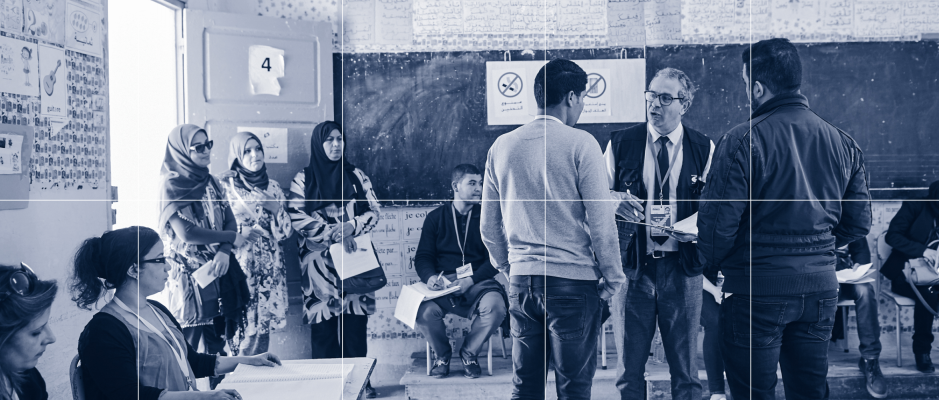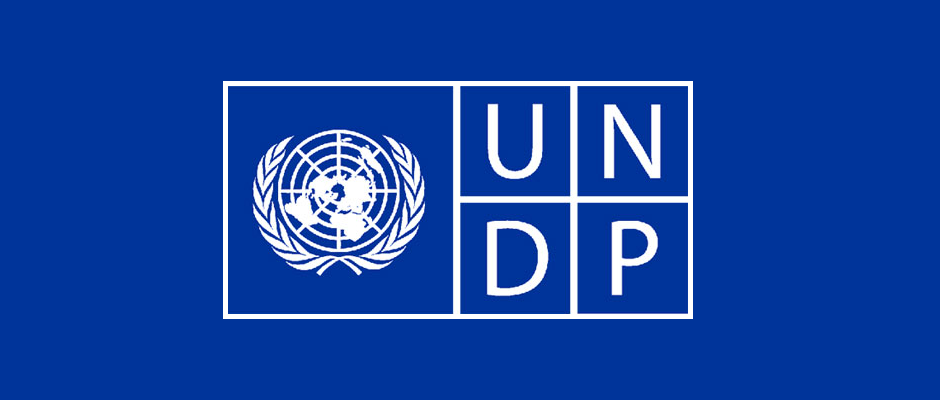
Since the 2011 revolution, Tunisia has taken several steps to devolve power from the highly centralized structures run by the Ben Ali family to the new, democratic central government and then from the executive to the parliament. Today, Tunisia faces the crucial task of shifting power from the national to the local level. This decentralization of power has the potential to address long-standing issues of dramatic regional disparity in the healthcare and education sectors, as well as in poverty and infrastructure.
Tunisia’s decentralization process has tremendous potential. Yet the central government, local government, civil society, and international donors must each invest in the process.
The Opportunities of Decentralization
- If done right, decentralization will empower local actors to make decisions regarding their municipalities and regions that lead to real changes for their constituents.
- This could introduce a new political class, which would be outside the country’s traditionally dominant political parties and could provide more opportunities for women and youth to enter politics.
- Decentralization should also improve service delivery at the local level—where poor performance since the 2011 revolution has resulted in mistrust between citizens and the state as well as low tax revenues.
- Decentralization requires strong political will—from officials in the central government, who must willingly give up some of their own power and demonstrate their commitment to participatory governance at the local level; and from local officials who must build trust with their constituents, provide opportunities for citizen engagement, and prevent the re-creation of ineffective institutions at the local level.
What Can Be Done?
- The Tunisian government can manage public expectations by communicating clearly about the devolution of administrative and financial power.
- It can provide opportunities for participatory governance outside of those mandated by the law, such as the creation of citizen councils or regular policy preference surveys.
- The national government should also provide adequate financial and human resources, including ensuring the distribution of tax revenue to the local level.
- Civil society must continue to guard the democratic process. But it has an even more important role to play at the local level to encourage and ingrain a culture of participatory democracy by conducting an outreach campaign to the public regarding decentralization.
- It can help connect citizens with participatory governance mechanisms and devise mechanisms to capture citizen preferences and communicate those preferences to local officials.
- International donors should work to enhance the ability of local (and national) grassroots organizations and networks to encourage participatory governance.
- Additionally, donors should continue to fund e-government efforts, including the digitization of local government forms and processes, to create a one-stop shop for citizens to access municipal services and communicate with municipal officials.
- Donors must also train and equip local officials based on best practices from around the globe.
Read the full paper at: https://carnegieendowment.org/2018/05/17/decentralization-in-tunisia-empowering-towns-engaging-people-pub-76376




